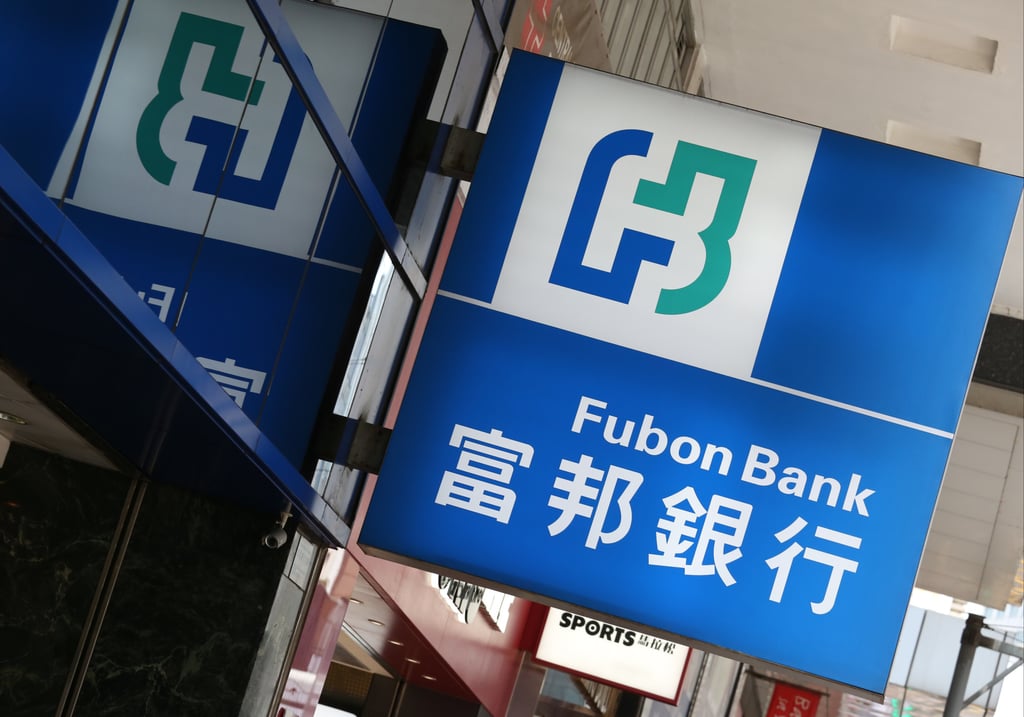Hong Kong property: cash is king as rate hikes, capital depreciation raise the bar on investment returns
- Property investment loses appeal as homebuyers, investors get better returns from keeping cash in time deposits
- Analysts at Wall Street firms, real estate consultancies and agencies are still divided on price recovery prospects in 2023

Fubon Bank, for example, last month offered up to 5.1 per cent interest on 12-month deposits of at least HK$200,000 (US$25,600). Annual rental yields on typical flats measuring up to 430 sq ft in Hong Kong have slipped below 3 per cent on average since August 2016, according to government data, while home prices retreated 17.3 per cent from an all-time high in August 2021.
“When people see weaker [property or] asset prices, they will say cash is king,” said Lee Shu-kam, head of economics and finance department at Shue Yan University. “So I will be pessimistic” on the industry outlook, he added.

That suggests the slump in Hong Kong’s property market activity is not about to reverse soon. Home transactions fell last year to a 27-year low of 45,050, according to data compiled by Centaline Property Agency. Deals involving residential properties liable for extra stamp duties shrank 42 per cent to 2,972, the least since government records began in 2014.
